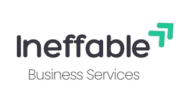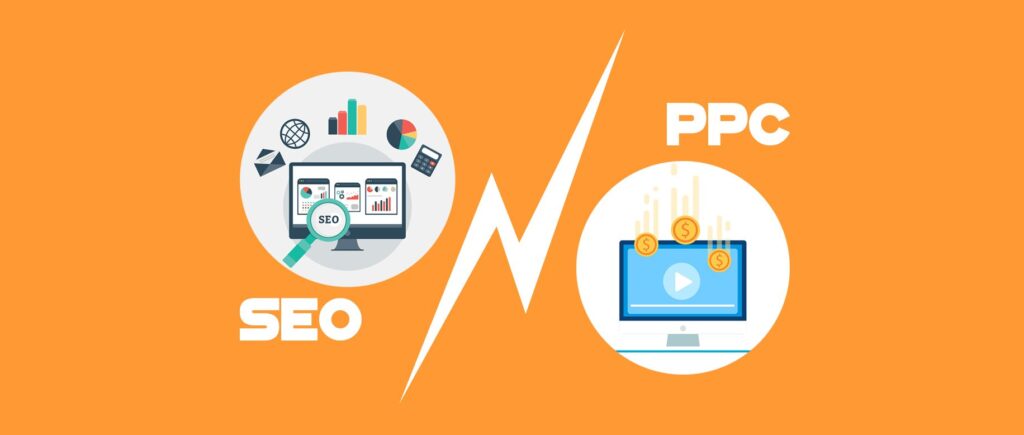If you’ve spent any time exploring digital marketing, you’ve probably come across the debate: SEO vs PPC—which is better?
Whether you are operating a startup, expanding a business, or simply trying to enhance your web visibility, learning how to distinguish SEO from PPC will save you time, money, and effort. In this blog post, we will outline each strategy, its advantages and drawbacks, and assist you in determining which will suit your aims best.
What Exactly is SEO?
Let’s begin with the fundamentals. Search Engine Optimization (SEO) is the act of optimizing your site so that it appears in organic (free) search listings on sites such as Google or Bing. The concept is straightforward: someone searches for a keyword that pertains to your company, and your site comes up close to the top of the listings—preferably on page one.
Following is what comprises SEO:
- On-page SEO: Optimizing your content, titles, and format.
- Off-page SEO: Encouraging other sites to link to yours (backlinks).
- Technical SEO: Ensuring your site loads quickly, is mobile-friendly, and search engine readable.
- Content creation: Creating content that provides value and answers questions users are asking.
SEO takes time to grow, but when it does, it continues to yield.
What is PPC?
Pay-Per-Click (PPC) is a type of paid advertising in which you are charged each time a user clicks on your ad. The ads typically show up at the top of search engine results—above the organic (SEO) results.
Imagine PPC like leasing space: the higher you rent, the higher the position.
Common PPC platforms are:
- Google Ads
- Bing Ads
- Facebook & Instagram Ads
- LinkedIn Ads
The largest variance between SEO vs PPC? Speed. While it takes time for SEO, PPC will bring you traffic in almost an instant.
SEO vs PPC: What’s the Real Difference?
Now that we’ve covered the basics, let’s compare SEO vs PPC head-to-head on some important factors.
1. Cost
- SEO doesn’t cost anything per click, but it requires time, effort, or paying experts to help.
- PPC is quick, but each click costs money. Some keywords can be surprisingly expensive.
SEO vs PPC takeaway: SEO is more affordable long-term. PPC can be expensive if not managed well.
2. Time to See Results
- SEO is a slow game—usually several months—before you see results.
- PPC is real-time. Do a campaign today, and you can be seeing traffic tomorrow.
Short-term champion? PPC. But for long-term development? SEO.
3. Trust and Credibility
- Organic results are trusted more than paid advertisements. Getting listed on Google’s first page using SEO builds credibility in the long term.
- SEO wins the trust war of SEO vs PPC, since it has a higher likelihood of winning user trust.
4. Click-Through Rate (CTR)
- Figures show that users tend to click on organic results more than ads. While attention is grabbed by PPC at the top, users are inclined to skip it to reach what they find to be more “legitimate” results.
And thus in the case of CTR, SEO tends to perform better in the long run.
The Pros and Cons: SEO vs PPC
Let’s make it simple to understand how each strategy compares.
SEO Pros:
- Affordable in the long run
- Establishes authority and trust
- More click-throughs
- Results build with time
SEO Cons:
- Slower to see results
- Needs consistent effort
- Can be affected by Google algorithm changes
PPC Pros:
- Immediate visibility
- Total control over budget and targeting
- Simple to test and optimize quickly
- Excellent for promotions or special offers
PPC Cons:
- Costly in competitive markets
- Traffic vanishes when you discontinue paying
- Less trust than organic results
When to Choose SEO
Go with SEO if:
- You’re planning for long-term success
- You want to reduce paid ad costs over time
- You can invest in content creation and optimization
- You want your brand to appear trustworthy and authoritative
For small businesses and bloggers especially, SEO offers amazing value when done right.
When to Choose PPC
PPC could be the better option if:
- You require results immediately
- You’re operating a short-campaign or product promotion
- You have a well-defined target audience and a good budget
- You prefer to test various messages, headlines, or landing pages as quickly as possible
In the SEO vs PPC universe, PPC is your best friend when time is tight and competition is high.
Why Not Both?
Here’s a little secret: the best approach need not be SEO vs PPC. It can be SEO and PPC.
Together, they complement each other perfectly:
- PPC delivers you instant visibility while SEO is growing.
- You can employ PPC data (such as high-performing keywords) to inform your SEO.
- SEO keeps you lean on ad spend in the long run.
Most successful businesses begin with PPC and then move their focus to SEO once they gain traction.
Final Thoughts: SEO vs PPC
So, which is best for you?
If you’re playing the long game and wish to establish trust, use SEO. If you require speedy results and are willing to pay the price, PPC is a good choice.
Don’t, however, fall into the trap of selecting either one exclusively. For most situations, using both together can provide the best of both worlds—fast traffic up front, and long-term growth later.
Ultimately, the SEO or PPC choice will depend on your individual objectives, timing, and budget. There is no catch-all answer—but with the proper approach, either (or both) can yield significant results.

